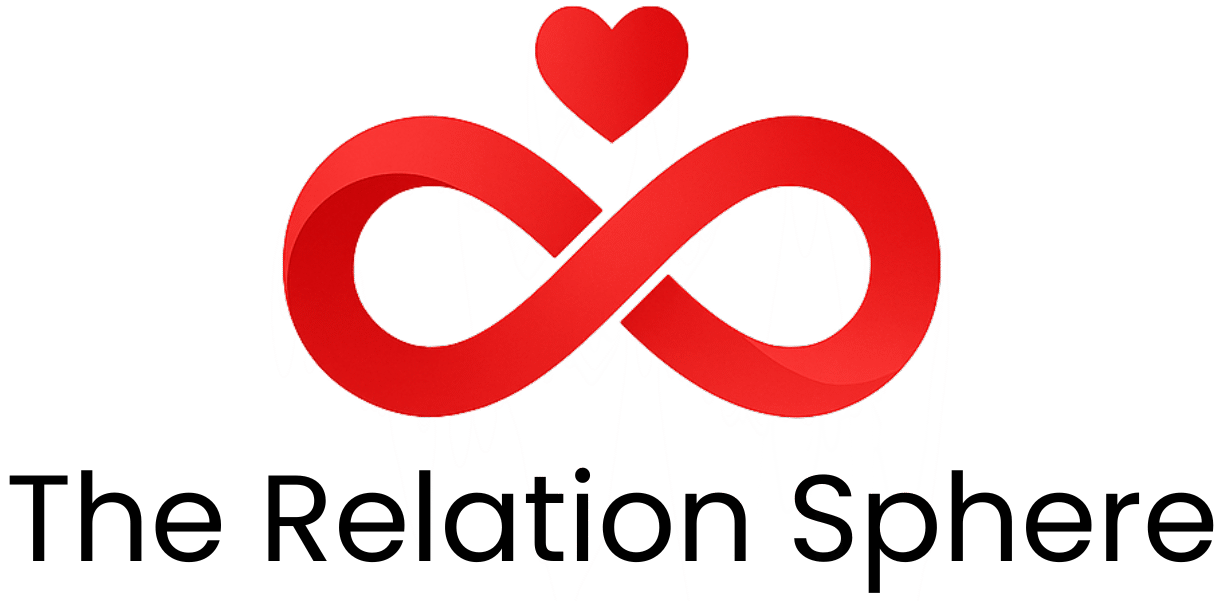1. Introduction
In today’s fast-paced and interconnected workplace, mastering emotional intelligence has become essential for professionals seeking to thrive and cultivate strong workplace relationships. But what does emotional intelligence really mean at work, and how can developing this skill set enhance your career? This comprehensive guide delves into the true meaning of emotional intelligence, its importance in various professional scenarios, and effective strategies to cultivate and apply it for maximum impact. Whether you’re aiming to improve your leadership abilities, communication skills, or team collaboration, understanding the best keyword in emotional intelligence can drive your success forward. Consider tools like The Seven Principles for Making Marriage Work as a foundational resource for building emotional skills that extend into work relationships.
2. Understanding What Emotional Intelligence Means in the Workplace
Emotional intelligence at work is the capacity to recognize, interpret, and manage your own emotions while effectively handling interpersonal interactions. This encompasses skills that foster better communication, stress management, and conflict resolution—key components that contribute to a harmonious and productive work environment. Recognizing what emotional intelligence truly entails helps leaders and employees create a culture of respect and understanding. For example, leveraging insights from how remote work impacts workplace relationships can be pivotal in adapting emotional intelligence strategies to virtual teams.

3. The Key Components of Emotional Intelligence in a Professional Setting
To truly understand what emotional intelligence really means at work, it’s vital to explore its core elements through components like:
- Self-awareness: Recognizing your own emotions and how they influence your actions, which ties into mastering keyword1 such as self-regulation.
- Self-regulation: Maintaining control over impulsive feelings, especially during high-stress moments.
- Empathy: The ability to see situations from others’ perspectives, essential for nurturing keyword2 and enhancing teamwork.
- Social skills: Building strong rapport, effective communication, and conflict management.
- Motivation: Staying resilient and driven despite setbacks, which aligns with developing keyword3 like intrinsic motivation.
4. Why Is Emotional Intelligence Critical in the Workplace?
Understanding what emotional intelligence truly entails reveals its crucial role in various work contexts:
- Enhanced communication: Clear and empathetic dialogue reduces misunderstandings and fosters trust—an essential aspect of keyword4 like effective communication.
- Leadership excellence: Leaders with high emotional intelligence motivate teams, drive engagement, and set positive examples, aligning with tools like Love & Respect.
- Conflict resolution: Emotional awareness facilitates peaceful resolution strategies, avoiding unnecessary escalation.
- Increased collaboration: Empathy and social skills promote shared goals and a cohesive team environment.
- Stress management: Recognizing emotional cues helps in preventing burnout and maintaining mental health—critical components of keyword5 like well-being.

5. Practical Ways to Develop Emotional Intelligence at Work
Enhancing emotional intelligence in your professional life demands intentional practice. Incorporate these proven strategies to improve keyword6 and related skills:
- Practice active listening: Engage fully in conversations, demonstrate genuine interest, and avoid interruptions. Tools like RISKY COUPLES can help develop listening skills in personal relationships, which translate well into professional settings.
- Monitor your emotions: Use journaling or mindfulness practices (consider apps linked to Inner Work of Relationships) to increase self-awareness and understand emotional triggers.
- Show empathy: Practice perspective-taking by imagining yourself in others’ situations, fostering trust and stronger relationships.
- Manage stress effectively: Techniques like deep breathing, meditation, or scheduled breaks can help maintain your composure. This aligns with developing keyword7 like emotional resilience.
- Seek feedback: Regularly request constructive criticism from colleagues or mentors to understand how your emotional responses influence others. Resources like Date Night Ideas emphasize the importance of open dialogue.

6. The Role of Leadership in Fostering Emotional Intelligence at Work
Great leaders exemplify emotional intelligence through their actions and communication. When leaders demonstrate empathy, emotional awareness, and resilience—traits highlighted in A Family Matter—they influence team dynamics positively. Creating an environment that encourages emotional openness and active listening boosts overall morale and productivity. For additional insights, explore how emotional intimacy deepens physical pleasure.

7. Frequently Asked Questions about Emotional Intelligence at Work
What are the benefits of emotional intelligence in professional settings?
Developing emotional intelligence facilitates better communication, enhances leadership, promotes teamwork, and improves mental health — all vital for creating a successful, harmonious workplace environment. For example, the insights from Love & Respect can be applied internally to foster respect and affection among team members.
How can I improve my emotional intelligence at work?
Focus on cultivating self-awareness, practicing empathy, managing your emotions, and enhancing social skills. Utilizing tools like The Seven Principles for Making Marriage Work or engaging in regular reflection and feedback sessions can be instrumental in this process.
Is emotional intelligence more important than technical skills?
While technical expertise is necessary, emotional intelligence greatly influences long-term success by improving collaboration, leadership, and conflict management. Resources like Love More, Fight Less highlight how communication skills rooted in emotional understanding surpass mere technical abilities in the workplace.
8. Conclusion
Grasping what emotional intelligence really means at work is fundamental to transforming professional relationships and fostering personal growth. By cultivating skills such as empathy, self-awareness, and effective communication—all of which are tied to keyword1 and related competencies—you create a positive, resilient, and thriving work environment. Investing in developing emotional intelligence enhances not only individual careers but also the collective success of your organization. For further insights, explore articles on emotional intimacy in relationships and the impact of remote work on workplace dynamics.


2 thoughts on “What Emotional Intelligence Really Means at Work”